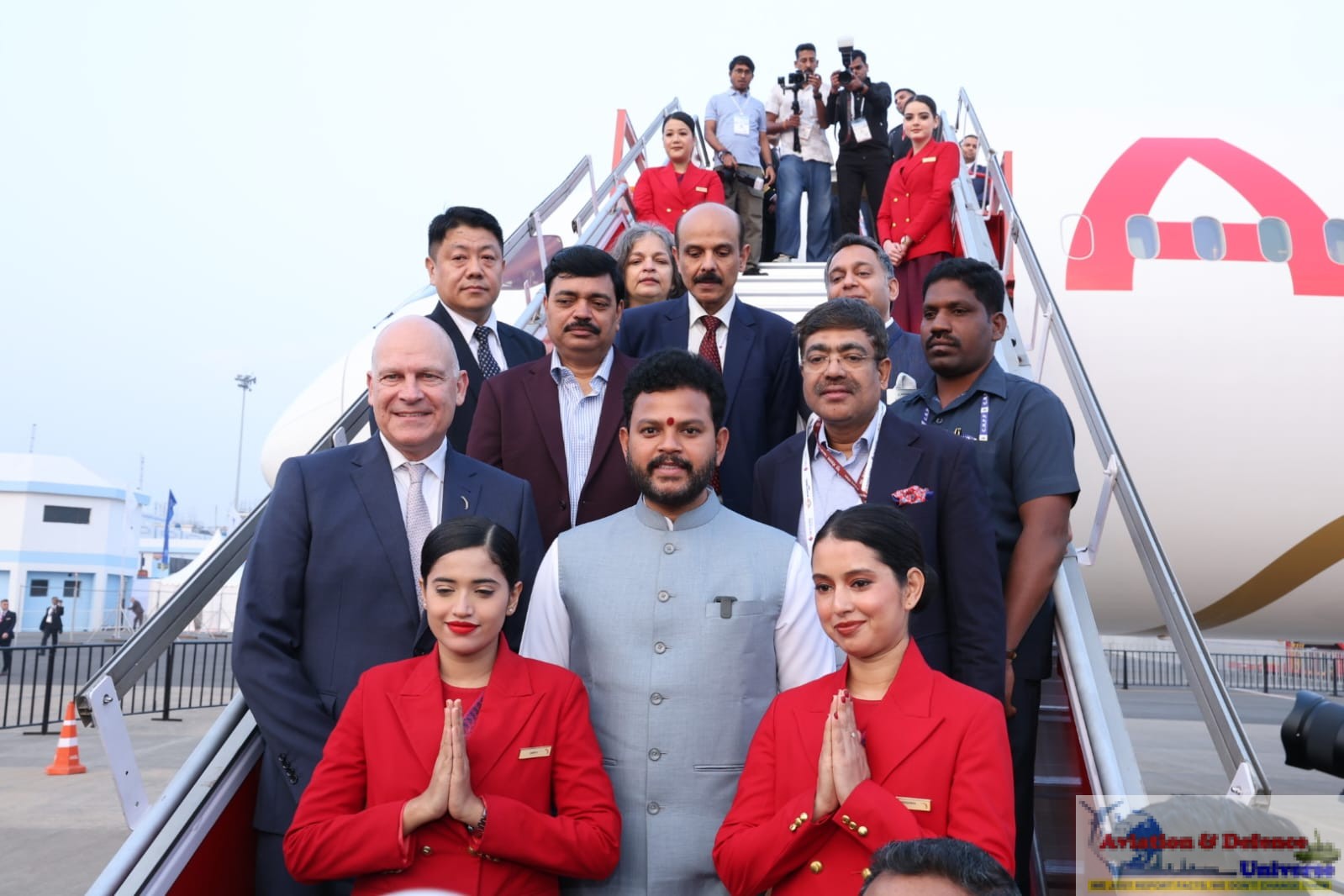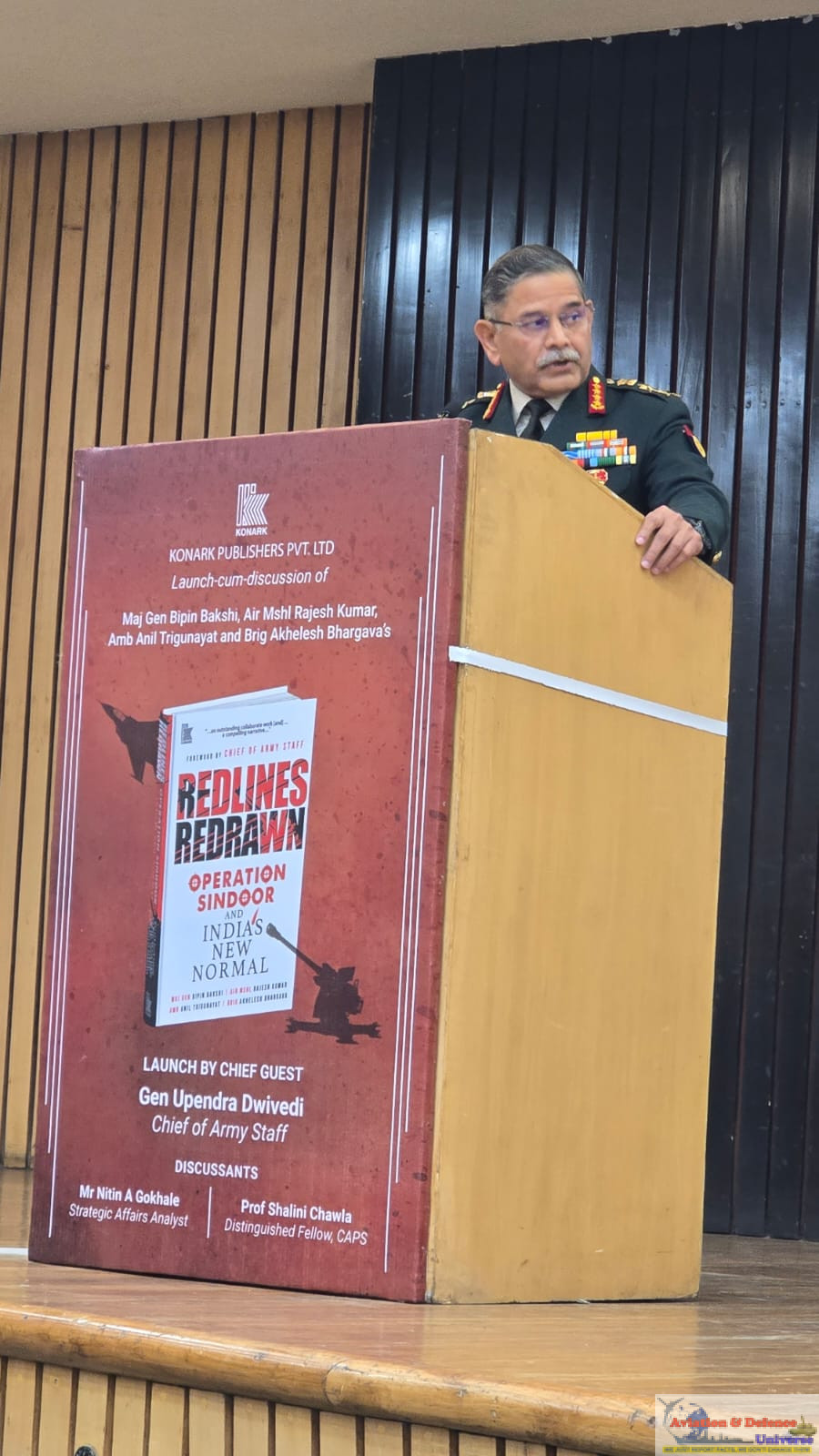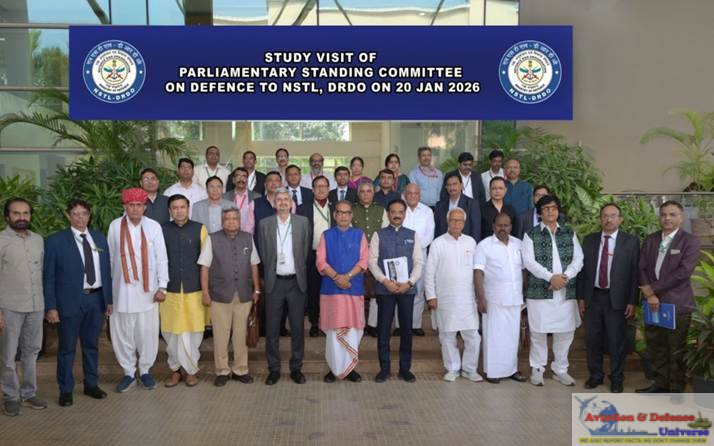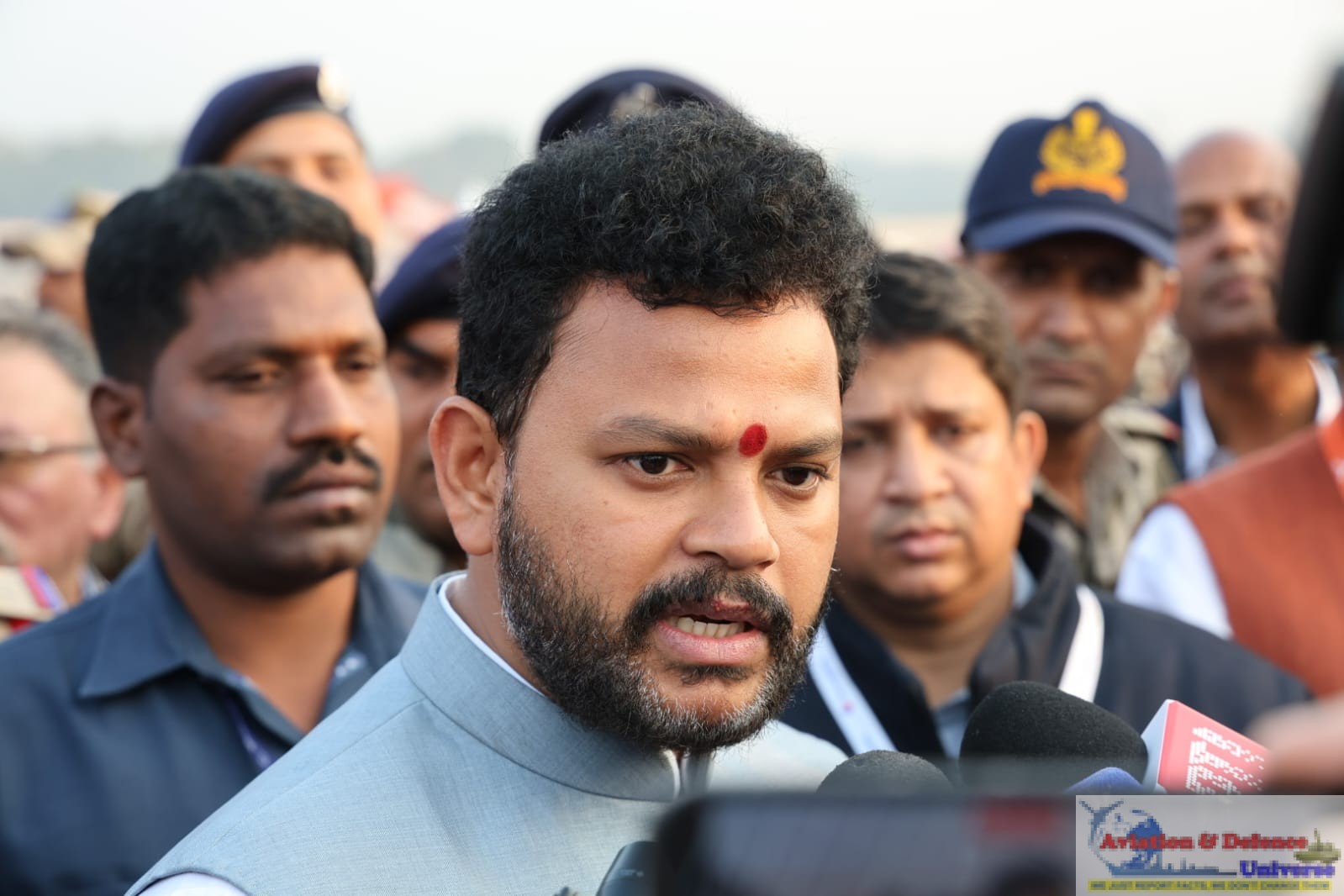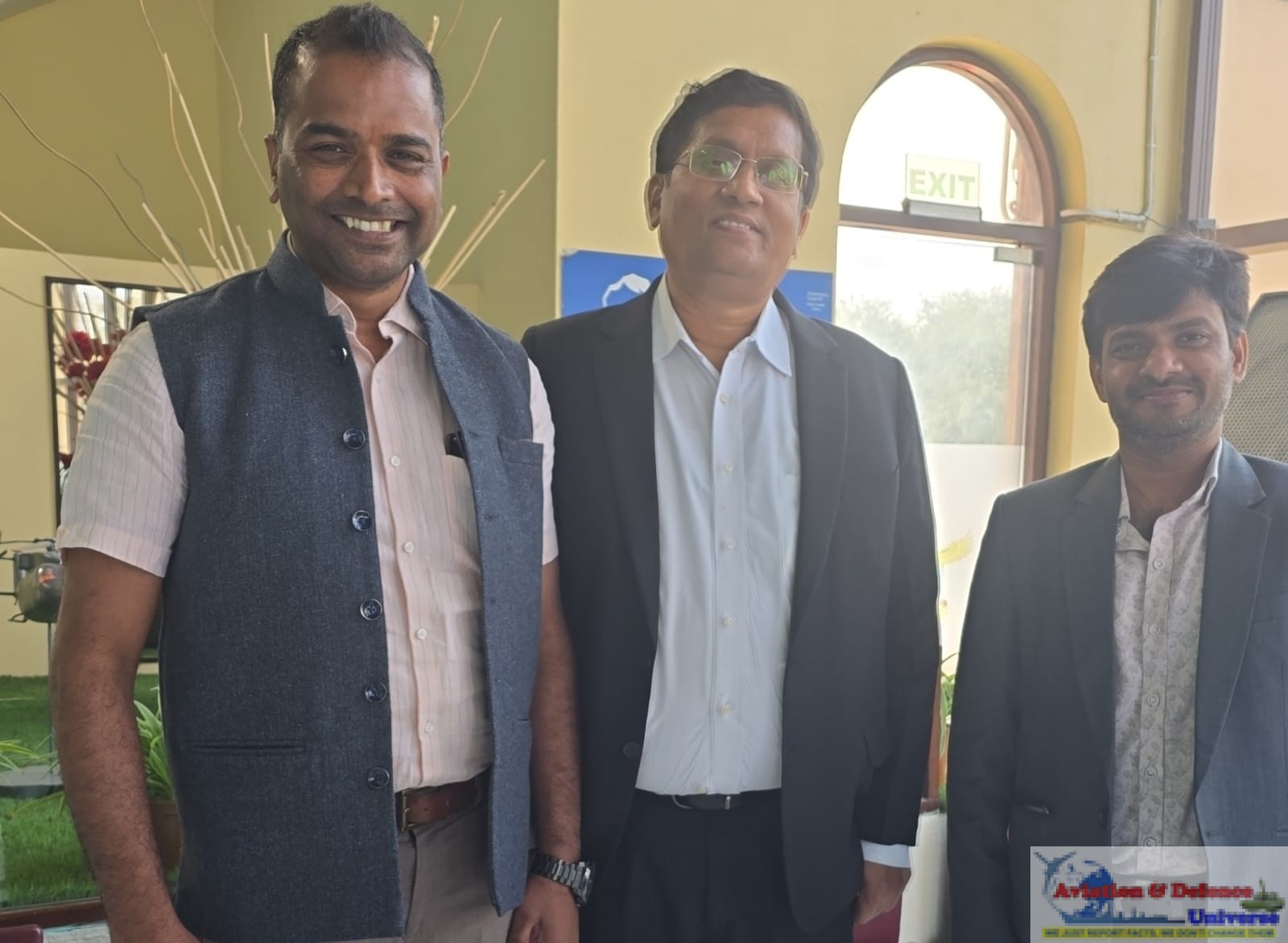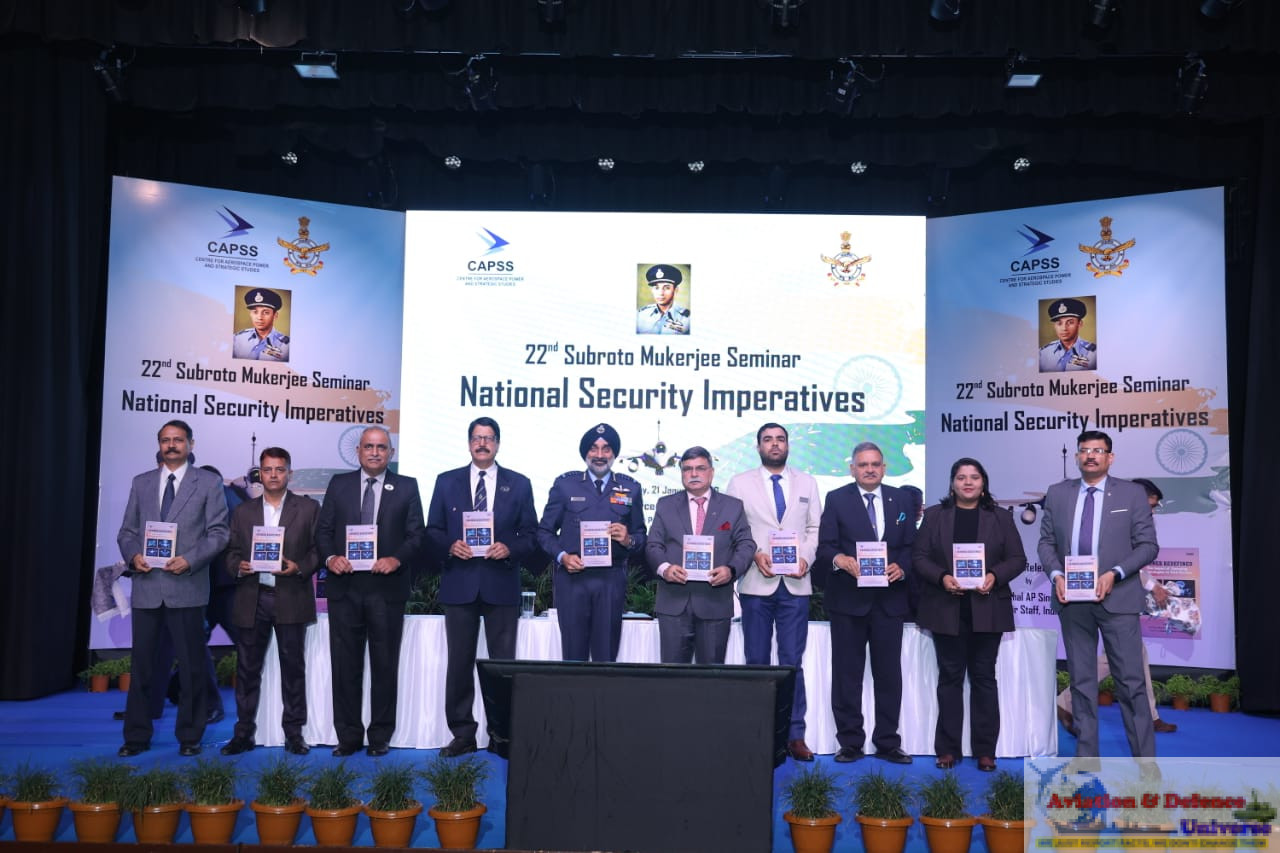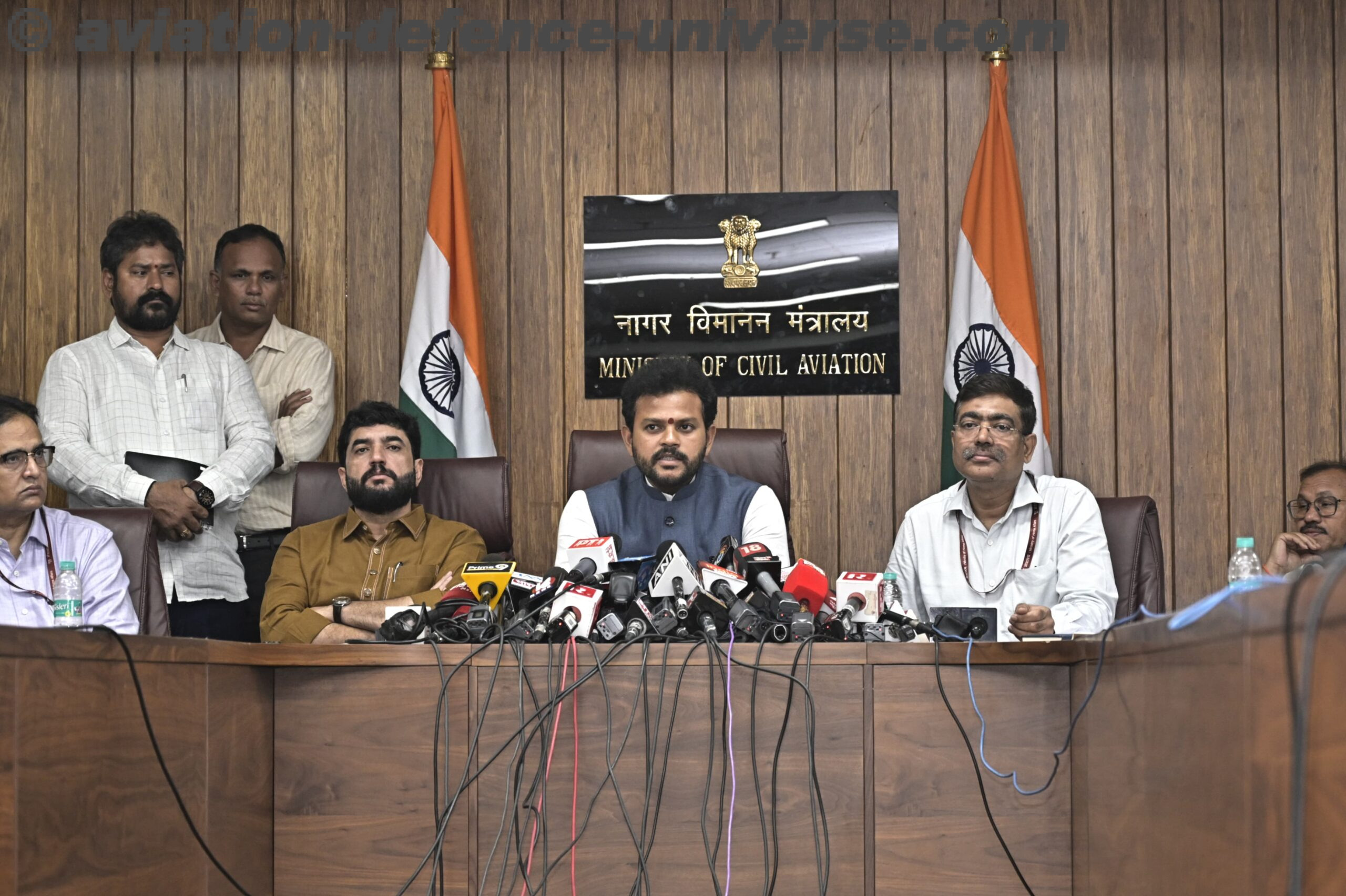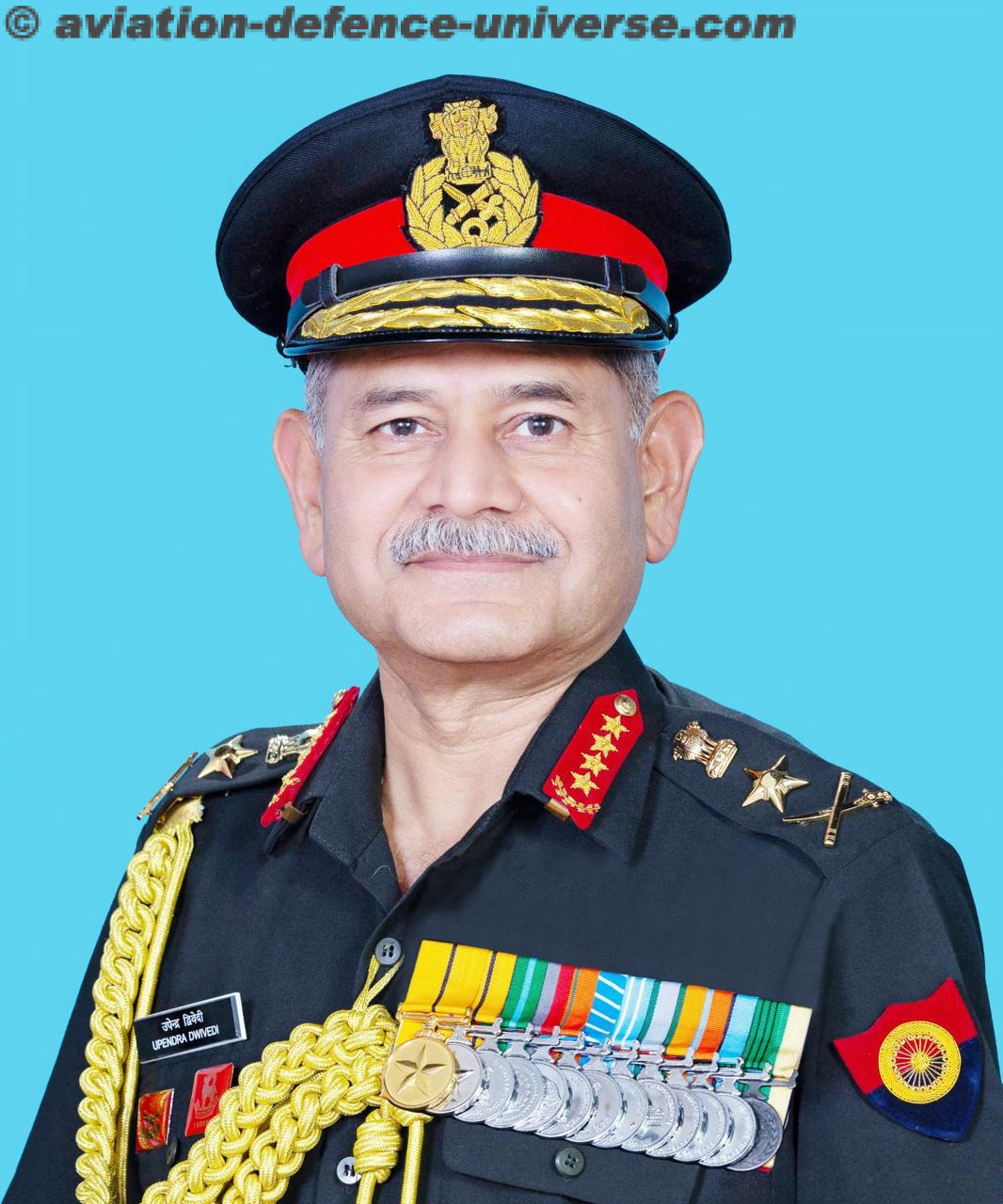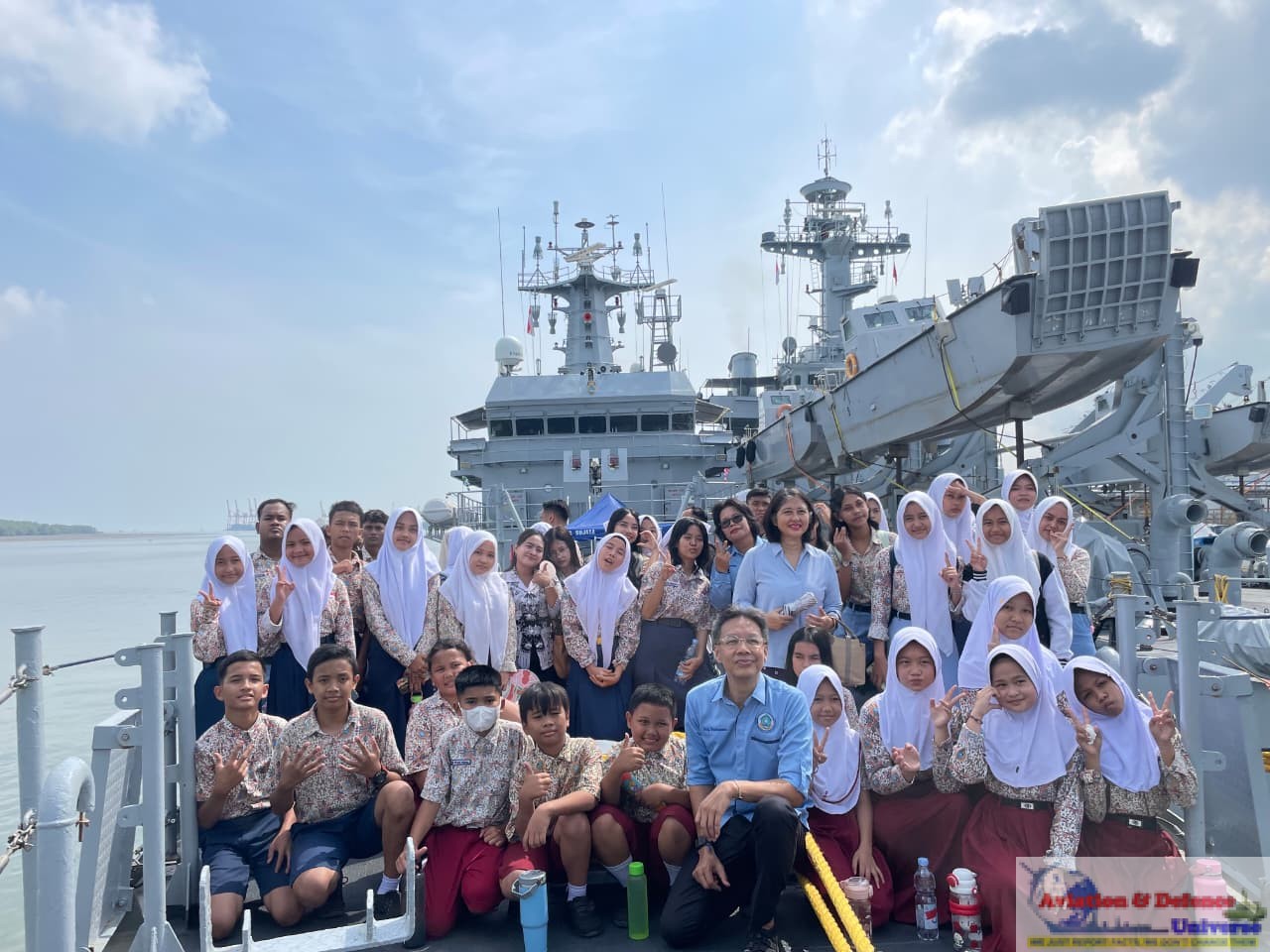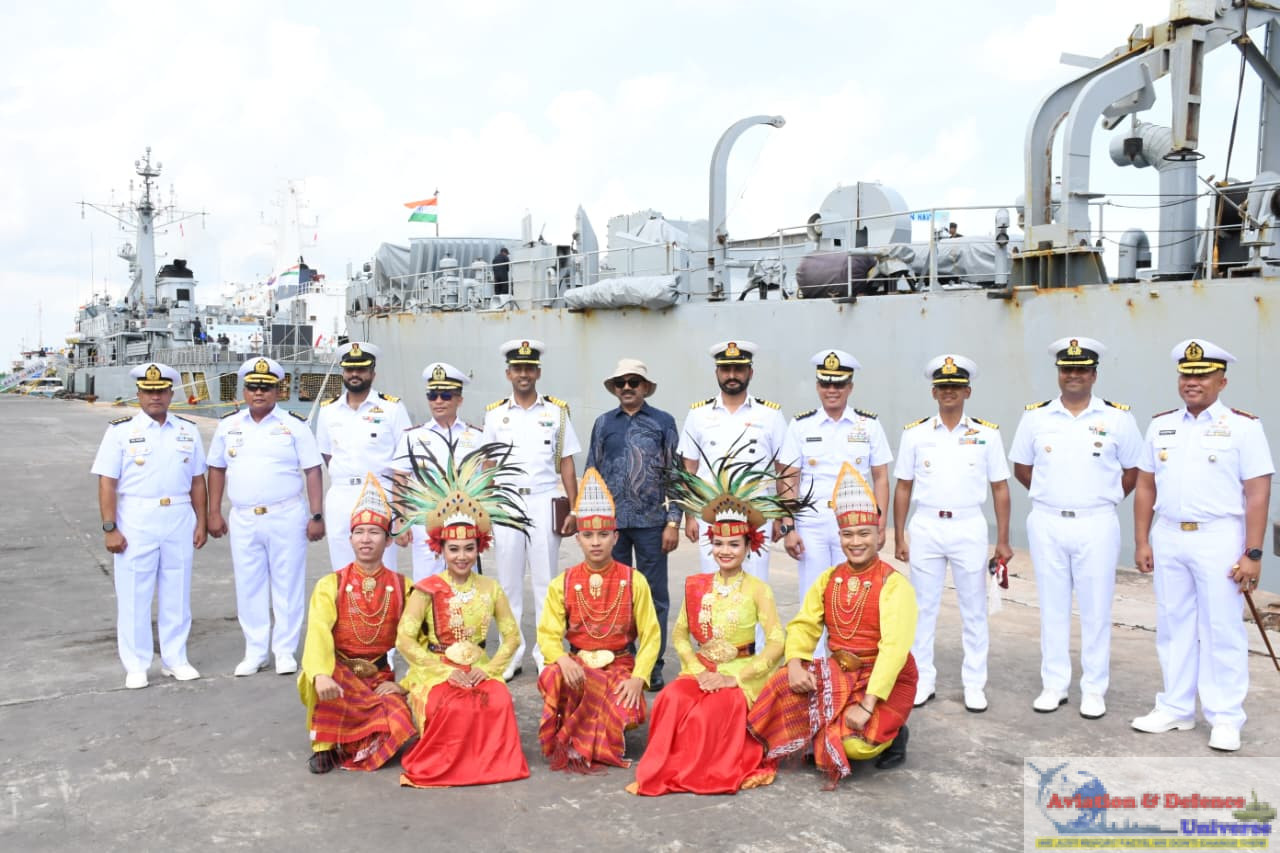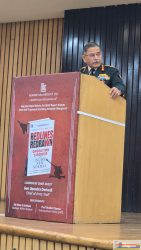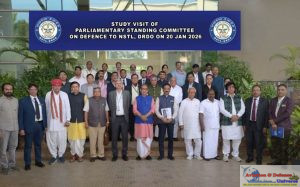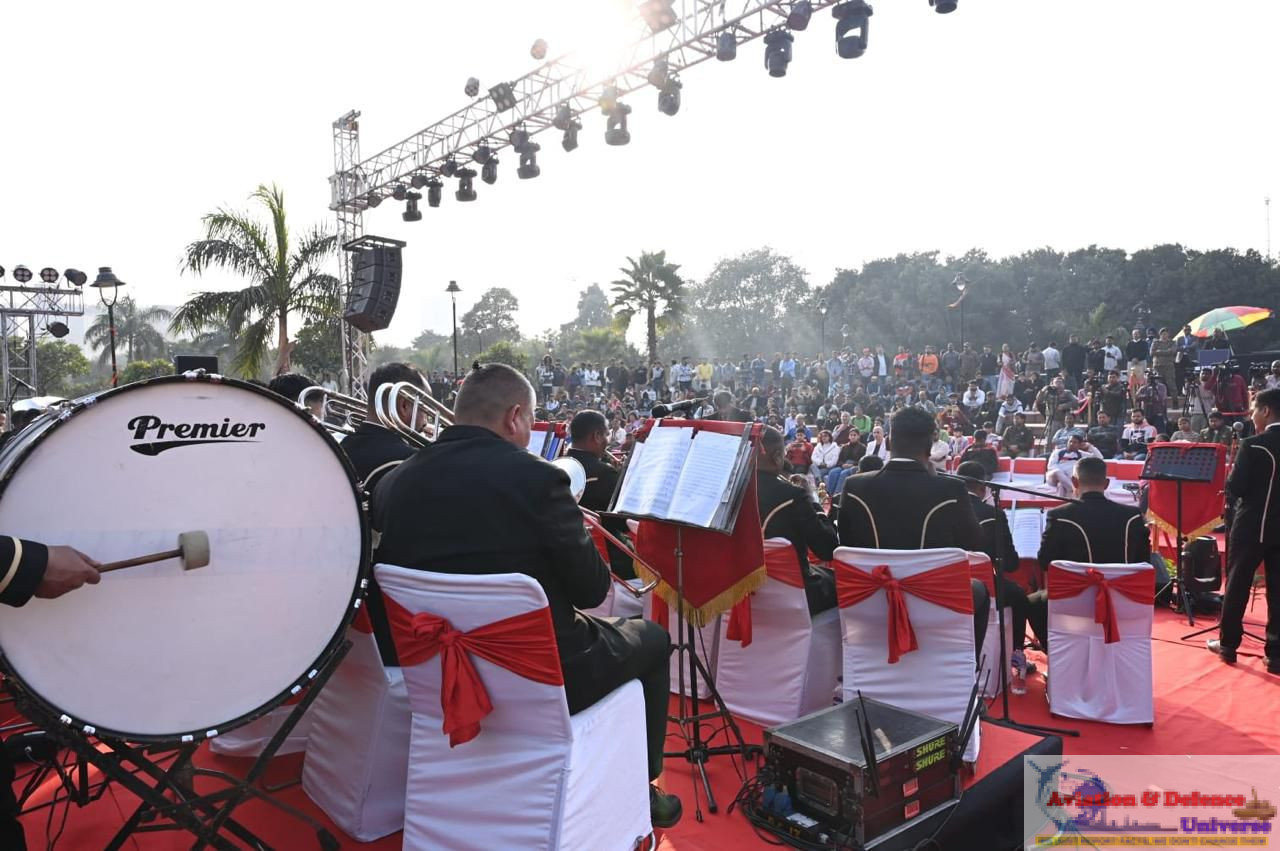By Our Special Correspondent.
New Delhi. 22 Aril, 2016. The Indian aerospace sector will need at least a million fresh and skilled workers over the next 10 years in manufacturing, maintenance, repair, overhaul operations and research and development . 80% of the fresh and skilled talent is required for operations and they will fill in the vacancies created by the import of aerospace products worth $100 billion in next 10 years, which in turn would provide a $30 billion offset opportunity for India.
The Aerospace and Aviation Sector Skill Council (AASSC) and KPMG signed an agreement for development of an occupational map for the sector. The occupational map shall list all job roles along with the skill levels in each sub-sector. It will include areas like design and development, manufacturing and assembly, airline operations, airport operations and maintenance, repair and overhauling (MRO), KPMG said in a release.
The Aerospace and Aviation Sector Skill Council (AASSC) has drawn up a plan to certify about 5,20,000 trainees and groom 6,000 trainers over a 10 year period in the aerospace sector. It has signed the term sheet with NSDC (National Skill Development Corporation) covering project objectives, segments, target training trades and broad execution plan. About 30 courses will be introduced in the first three years to ensure greater relevance of skills in the aerospace sector battling for talent in various disciplines.
The contract was signed by D Peter Immanuel, CEO,AASSC and Amber Dubey, Partner and Head, Aerospace and Defence at KPMG in India. KPMG said subsequently it will develop National Occupational Standards (NOS) for 70 job roles where there is high demand.
“India is likely to be the third largest aviation market by 2020 and perhaps the largest by 2030. This will require deep investments in the most critical resource — the human resource,” Dubey said.
The council comprises members from aviation majors, airport operators and academia. Air India, Jet Airways, Spice Jet, Indigo, GVK Group, Tata, ISRO . The council is mandated to train approximately four lakh persons over the next ten years in 90 different trades identified for better employment opportunities, improving employability and bridging gaps in skills required in this sector.
The sector skill council has the job to regulate the skill development activities in the industry sectors, including development of national occupational standards, qualifications, training curriculum and assessment criteria. The Council is mandated to train approximately four lakh persons over next ten years in 90 different trades identified for better employment opportunities, improving employ-ability and bridging gaps in skills required in this sector












